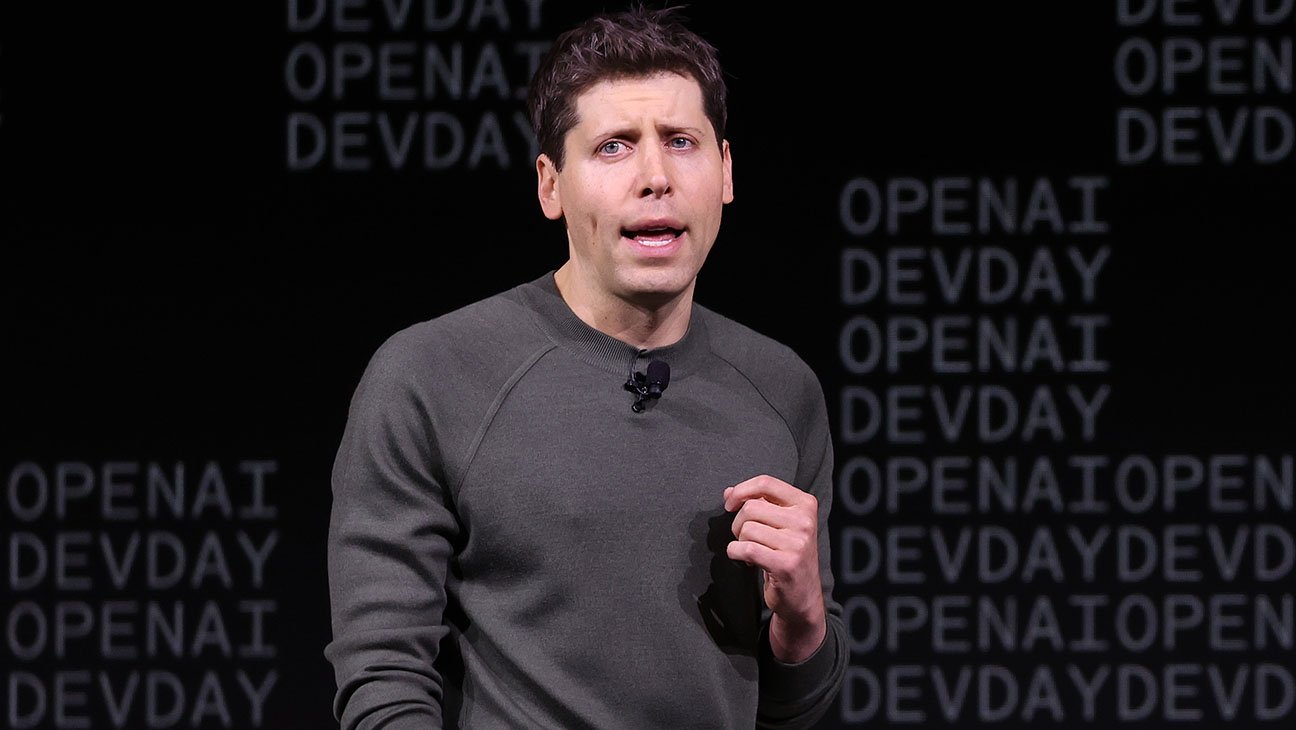
- Share this article on Facebook
- Share this article on Twitter
- Share this article on Flipboard
- Share this article on Email
- Show additional share options
- Share this article on Linkedin
- Share this article on Pinit
- Share this article on Reddit
- Share this article on Tumblr
- Share this article on Whatsapp
- Share this article on Print
- Share this article on Comment
As battle lines are being drawn between artificial intelligence companies and news publishers, a trio of media companies have taken a legal shot at OpenAI and Microsoft.
Two lawsuits — one filed by The Intercept and another by Raw Story and Alternet in New York federal court on Wednesday — accuse the firms of taking steps to conceal copyright infringement by intentionally removing certain information, including the author and title of articles. They claim that OpenAI and Microsoft knew that ChatGPT would be “less popular and would generate less revenue” if users believed that the tool violated copyrights and could lead to liability for distributing responses generated by the tool.
Related Stories
The suit is believed to be the first against OpenAI from creators or publishers that does not allege copyright infringement and instead advances allegations that the company removed copyright management information. It comes in the wake of OpenAI pivoting last year to no longer disclosing the source of materials used to train its AI system in an attempt to maintain an advantage over competitors and sidestep legal liability.
As publishers are sounding the alarm over the competitive threat that AI poses to the media industry, they are faced with a choice of accepting lowball offers from AI companies allowing them to use articles as training materials or fight in court. The New York Times chose to sue, filing a lawsuit in December against OpenAI after negotiations faltered. Others, including Business Insider and Politico, took the money.
According to the complaint, ChatGPT provides responses to users that regurgitate significant amounts of material from copyright-protected works without providing information relating to the author, title or terms of use. If a user asks the chatbot about a current event, for example, it provides answers mimicking articles that covered those events.
“This is at least because Defendants were aware that they derive revenue from user subscriptions, that at least some likely users of ChatGPT respect the copyrights of others or fear liability for copyright infringement, and that such users would not pay to use a product that might result in copyright liability or did not respect the copyrights of others,” states the complaint.
The Digital Millennium Copyright Act prohibits the removal of copyright management information in instances there’s reason to believe it could facilitate infringement. It carries statutory damages of $2,500 per violation.
And although they do not allege infringement, the Intercept says thousands of its articles were used to train AI systems for Microsoft and OpenAI.
The publishers bring claims for intentionally removing copyright management information and distributing works knowing that such information was removed in violation of the Digital Millennium Copyright Act (DMCA). As the statute carries $2,500 per violation, OpenAI and Microsoft could be looking at millions of dollars in damages.
Claims alleging violations of the DMCA have not fared well on dismissal. In February, a federal judge dismissed the claim against OpenAI in the absence of evidence showing that the company intentionally removed copyright management information and designed its training process to obfuscate infringement. U.S. District Judge Vince Chhabria found the same in a lawsuit against Meta.
The lawsuit could be a bid by the lawyers representing the Intercept, Raw Story and Alternet to establish themselves as the main legal team advancing claims for removal of copyright management information. It was filed by Stephen Stich Match of Loevy & Loevy.
On Tuesday, OpenAI moved to dismiss the lawsuit from the Times. It argued that the publisher “paid someone to hack” its products in an effort to get ChatGPT to produce near word-for-word excerpts of articles. It also stressed that users do not use its tools to consume news.
“ChatGPT is not in any way a substitute for a subscription to The New York Times,” states the motion. “In the real world, people do not use ChatGPT or any other OpenAI product for that purpose. Nor could they. In the ordinary course, one cannot use ChatGPT to serve up Times articles at will.”
THR Newsletters
Sign up for THR news straight to your inbox every day







